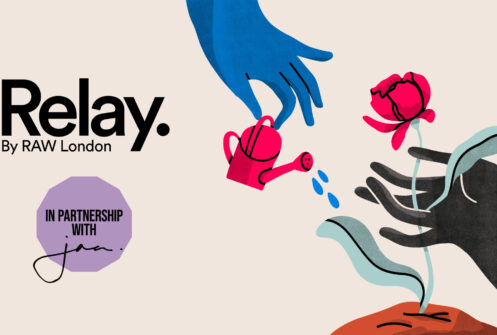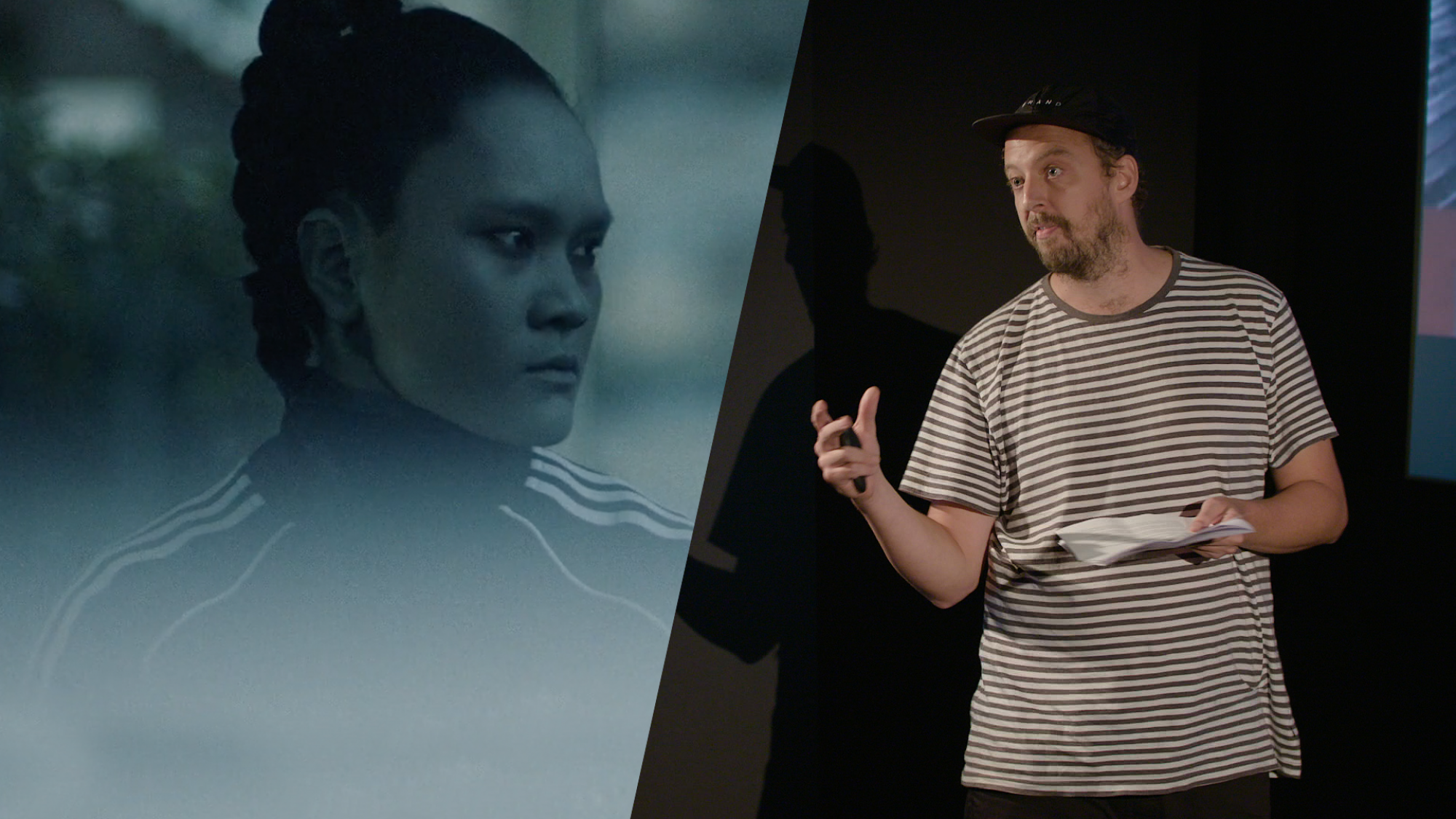

Sam Billington, Head of Digital at Shift.ms, talked to the packed screening room of Raw London’s Creative Storytelling in the Third Sector event about the charity’s recent video evolution.
Sam’s session, The Anti-Hero: Breaking free of the hero myth, discussed how to tell stories which represent lived realities in a nuanced, non-ableist way; meaning that they avoid the stereotypical narratives of illness or disability we see in film which end in either triumph or tragedy, soliciting only unchecked admiration or pity from the viewer.
Shift.ms is a free social network for people with multiple sclerosis, with the aim to help those with the condition make sense of it shortly after a diagnosis. The charity has been producing fantastic and innovative video for several years. Here Sam talks through some of his standout moments and summarises the key learnings of each one.
The first film shown was a follow up to the charity’s 2012 film, Gallop, which portrayed a love story where one of the characters was diagnosed with MS. Belong followed the same characters at an MS meet up, where they discuss the positives that have come from their diagnosis. The awareness film was recorded on a go-pro, to create a POV perspective.
After showing the film, Sam read aloud some of the YouTube comments the film received. As it turns out, it received a mixed response with many viewers with MS stating that the POV format made it difficult to watch because of their cognitive difficulties. However, audiences did resonate with the main character: “the characters and audiences don’t need to be alike in every way but there needs to be something about them that really resonates”. Here Sam stressed the significant impact this mixed feedback had on planning for future content.
The Commute is a series of videos that showcase three people with MS getting to work. Sam explained how two of these stories were incredibly well received, with their focus on relatable journeys that many people with MS carry out regularly – such as taking the tube.
However, he also explained that they had a huge learning point from the third case study which showcased an incredible woman who ran miles to work everyday. Although a brilliant and inspiring story, his takeaway was this – it had less social engagement because it wasn’t relatable to the majority of its audience.
This highlights the importance of a “normalised story” and the “need to celebrate the everyday”, especially for a charity which focuses on disability. He explained; “we always try to over sell something rather than see the beauty in the everyday challenges”.
The final film to be screened room was a recent ‘hero’ piece of content entitled Hidden. The film showcases MS as a possessed doppelganger pulling back a young woman who had recently been diagnosed with the condition. Once again, there was some mixed response to the video, with some loving the concept whilst others did not appreciate the portrayal of MS as a demon-like character.
However, the lesson was this: “There is no single story to MS, or any other disability”. It is a charity’s responsibility to offer numerous narratives and styles to their audience in order to reflect the multiple stories of their beneficiaries. As a tip, he adds, it helps to offer multiple supporting pieces of content around your ‘hero’ film to “challenge perceptions and get different points of view out there”.
**This is a summary of a lightning talk from Raw London’s event Creative Storytelling in the Third Sector, Thursday 9 August 2018 at Bertha Dochouse, Curzon Bloomsbury. You can read more about the event here or see summaries and slides from other sessions below.**
These free events are invite-only so sign up to our mailing list for tickets to the next one.